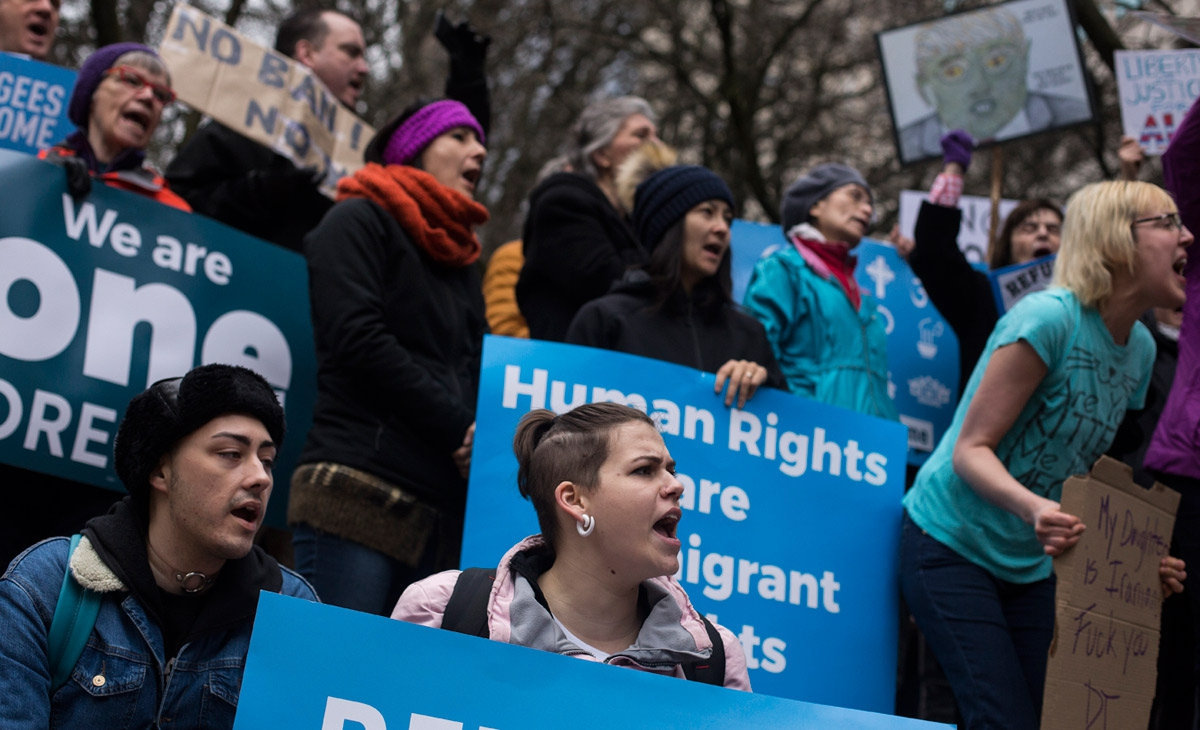Protect tenants, increase the supply of homes that low-and middle-income families can afford to buy, and help all residents stay where they live.
The lack of affordable housing options in Metro Boston negatively impacts the region’s ability to house our economically and ethnically diverse residential base and to support a thriving economy. Half the region’s renters and 30% of homeowners are cost burdened, meaning they spend more than 30% of their annual household income on housing. Policy responses to the affordability crisis include preserving the existing affordable housing supply, increasing the stock of housing, both affordable and market rate, and ensuring that below market-rate units are occupied by households with corresponding incomes. Special attention must be paid to ensuring that adequate and affordable housing is available for families with children, seniors downsizing from larger homes, and people with disabilities – all populations that historically have limited housing choices.
-
Pass comprehensive zoning reform in order to encourage affordable housing production and eliminate discriminatory zoning practices.
Massachusetts has a long history of residential segregation, which can be traced in large part to restrictive local zoning and permitting decisions, as well as discriminatory real estate and lending practices. Comprehensive zoning reform in Massachusetts must promote inclusive neighborhoods where families with children and households with low-or-moderate incomes can find homes.
Massachusetts has not comprehensively updated its core zoning and subdivision laws in several decades. Municipalities across the Commonwealth use existing zoning laws as a way to prevent changes that would allow more affordable homes, condominiums, and apartments. An update to the Commonwealth’s outdated zoning laws should ensure that most cities and towns will allow at least some districts where multi-family housing can be built, while encouraging municipalities to adopt bylaws or ordinances that ensure at least a portion of this housing will be deed-restricted affordable. Both of these tools will help to increase housing type diversity and affordability in Metro Boston and across the Commonwealth.
-
Provide additional funds for preservation and production of affordable homes and continue to fund existing smart-growth incentive zoning.
To meaningfully address our state’s housing crisis, we have to dedicate greater resources to preserving and producing affordable homes. Some particularly important elements of our housing production system include adequate funding for the Low Income Housing Tax Credit, the Affordable Housing Trust Fund, the Housing Innovation Fund, and the Massachusetts Rental Voucher Program. Adequate funds for the modernization of public housing are essential. The state should continue to fund the Commonwealth’s smart growth incentive programs under Chapters 40R and 40S, so that cities and towns can implement smart growth zoning overlays and feel confident that when they do, any possible impacts on school capacity will be meaningfully offset by state funding.[^9]
-
Pass legislation aimed at increasing protections for renters.
Legislation that would give tenants a right to counsel in eviction proceedings, require just-cause evictions, protect paying tenants when a home is foreclosed or sold for a tax lien, and offer tenants the right of first refusal in the event that their property is sold are modest steps that would help reduce housing insecurity. When tenants are defended by counsel in court proceedings, they are more likely to remain in their homes. Just-cause eviction laws protect tenants from unfair or discriminatory evictions, while a right of first refusal would give tenants an opportunity to purchase or assign their right to purchase a property, thereby increasing housing stability. Additionally, we should pass legislation that would give a tax credit to landlords who rent at below-market rates, helping to incentivize these landlords to maintain rents that are affordable, especially for low- and moderate-income tenants, and to protect neighborhoods from the effects of inflation. Also, tenants generally lack any protection against eviction when the home in which they are living is foreclosed, or when a municipality sells the property for tax collection – even if the tenant is up to date on her rent. Protections in such instances are essential ways for the tenant’s housing circumstances to remain stable, even if the underlying property is undergoing a change of ownership.
-
Facilitate affordable housing production for a range of low-income households.
Currently, most affordable housing requirements are aimed at households with incomes at 80% of the area median or below. As a result, the majority of new units are affordable to households with incomes closest to that ceiling. The area median income (AMI) for a four-person household in the metropolitan statistical area (MSA) for Metro Boston is $103,400. The MSA is an area so geographically large that it includes municipalities in Middlesex, Norfolk, Suffolk, Essex and Plymouth Counties, and even parts of New Hampshire. High wealth suburbs in the MSA drive up our region’s AMI, which ultimately means that most deed-restricted affordable units are not actually within financial reach of many in need in Metro Boston. Moreover, very low-income (30-50% of AMI) and extremely low-income (30% of AMI and below) working households are growing in number and as a share of the region’s population. To address the increasing need within the context of an elevated AMI, affordable housing requirements should be adjusted to include a portion of homes for those with incomes between 50% and 80% of the AMI, between 30% and 50%, and even 30% and below.



